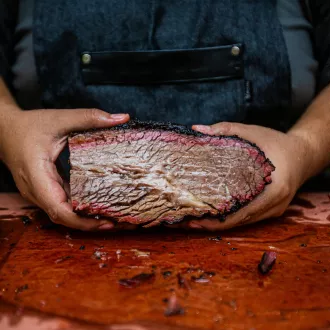ByOnlinecourses55

Strategies avoid nutritional deficiencies carnivorous diet - nutrition carnivore
The carnivorous diet, known for being based exclusively on the consumption of animal products, has gained popularity in recent years. Avoiding nutritional deficiencies in this type of diet requires careful planning and a thorough understanding of the needs of the human body. Below, we will explore the most effective strategies to achieve this.
One of the main challenges of the carnivorous diet is the potential lack of essential nutrients, such as vitamin C, fiber, and certain antioxidants present primarily in plant-based foods. For example, a lack of fiber can affect intestinal health, while the absence of vitamin C could increase the risk of immune-related diseases.
A poorly structured carnivorous diet can be detrimental in the long run. According to experts, a high intake of saturated fats and sodium from processed meats can increase the risk of cardiovascular and kidney disease. Therefore, it is crucial to opt for fresh and high quality meats.
Despite the risks, the carnivorous diet can offer certain benefits, such as the elimination of refined carbohydrates and improved blood sugar regulation. However, these benefits must be balanced with proper nutrient intake to avoid health problems.
If you decide to follow a carnivorous diet, remember that the key is moderation and variety. Consulting a specialized nutritionist can be a great help in adapting this style of eating to your individual needs, maximizing the benefits and minimizing the risks.